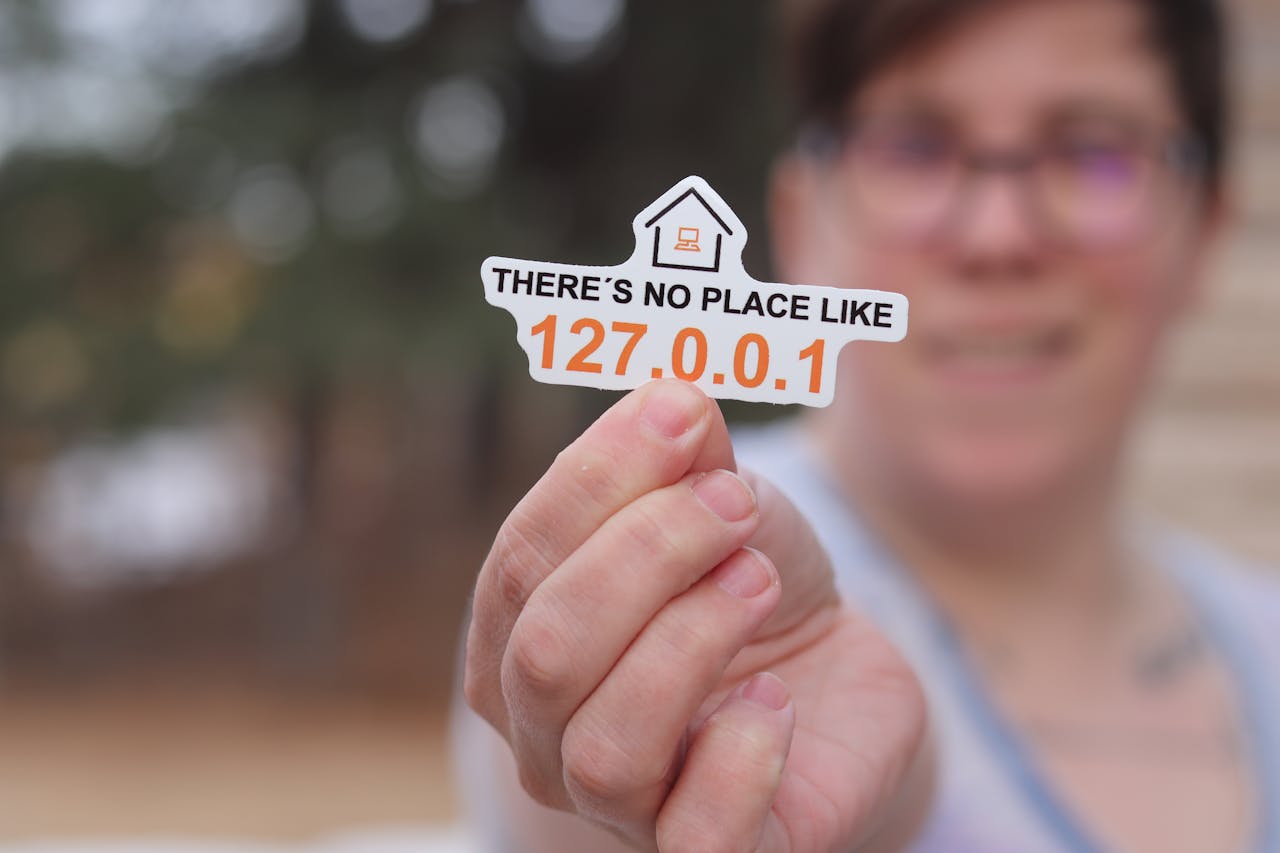Currency Converter
A Currency Converter is a tool or system that allows you to convert an amount of money from one currency to another, based on the current exchange rate between the two currencies. It is commonly used for travelers, businesses, and individuals who need to handle financial transactions or investments involving different currencies.
A Currency Converter is a tool or system that allows you to convert an amount of money from one currency to another, based on the current exchange rate between the two currencies. It is commonly used for travelers, businesses, and individuals who need to handle financial transactions or investments involving different currencies.
Key Features of a Currency Converter:
-
Exchange Rates:
- The most essential function of a currency converter is to fetch the real-time or most recent exchange rates between different currencies. For example, it can show how many US dollars (USD) are equivalent to one Euro (EUR) or vice versa.
-
Conversion Calculation:
- Once the exchange rate is known, the tool can calculate the converted amount. For instance, if 1 USD is equal to 0.85 EUR, and you want to convert 100 USD to EUR, the converter will calculate 100 × 0.85 = 85 EUR.
-
Multi-Currency Support:
- A good currency converter supports a wide range of currencies. Common currencies include USD (US Dollar), EUR (Euro), GBP (British Pound), JPY (Japanese Yen), CNY (Chinese Yuan), and many more.
-
Real-Time or Historical Data:
- Some converters provide real-time exchange rates, while others may allow users to access historical exchange rate data to see trends over time.
-
Customization:
- Users can often input custom amounts to convert, and some converters even allow users to set the base currency (e.g., converting from USD to EUR or from GBP to CNY).
How a Currency Converter Works:
-
Input:
- The user enters the amount of money they want to convert.
- The user selects the "from" currency (the currency they are converting from) and the "to" currency (the currency they want to convert to).
-
Exchange Rate:
- The converter fetches the exchange rate for the selected currencies from a data source (such as a financial institution, forex market, or API).
-
Calculation:
- The converter multiplies the amount entered by the exchange rate to produce the equivalent amount in the "to" currency.
-
Output:
- The tool displays the converted value.
Example Conversion:
- Amount: 100 USD
- From Currency: USD (US Dollar)
- To Currency: EUR (Euro)
- Exchange Rate: 1 USD = 0.85 EUR
Conversion Calculation: 100 USD × 0.85 EUR = 85 EUR
So, 100 USD is equivalent to 85 EUR.
Common Use Cases for a Currency Converter:
-
Travel:
- Travelers often use currency converters to check the value of their home currency against the currency of the country they are visiting to better understand how much things cost.
-
International Business:
- Businesses involved in global trade use currency converters to calculate costs, profits, and transactions in foreign currencies.
-
Investing and Trading:
- Investors, particularly those in forex (foreign exchange) trading, use currency converters to assess the value of currencies and execute trades based on exchange rate fluctuations.
-
Online Shopping:
- Online shoppers buying products from international websites may use currency converters to understand the actual cost of the product in their own currency.
-
Financial Planning:
- Individuals involved in international remittances or planning to exchange money for personal reasons (e.g., sending money abroad) use converters to estimate how much money they will need or receive.
Features of Advanced Currency Converters:
-
Currency Exchange Rate API Integration:
- Many currency converters connect to APIs that provide live data on currency exchange rates. Examples include APIs from services like Open Exchange Rates, CurrencyLayer, and Fixer.io.
-
Cryptocurrency Converters:
- Some currency converters also support digital currencies like Bitcoin (BTC), Ethereum (ETH), and others. They convert between traditional fiat currencies and cryptocurrencies or between different cryptocurrencies.
-
Mobile Apps and Widgets:
- Currency converters are available as apps on mobile phones or desktop widgets, allowing users to convert currencies on-the-go or with a single click.
-
Offline Converters:
- Some converters allow users to download historical exchange rate data and perform conversions offline, which can be useful in areas with limited internet access.
Advantages of Using a Currency Converter:
-
Convenience:
- A currency converter provides quick and easy access to real-time exchange rates and conversion calculations without the need for complex manual calculations.
-
Accuracy:
- Currency converters ensure that conversions are based on the latest or most accurate exchange rates, which helps avoid mistakes in financial transactions.
-
Cost-Efficiency:
- For businesses and individuals dealing with international payments, using a currency converter ensures that they are aware of the latest exchange rates, potentially saving money on conversions and transactions.
-
Global Reach:
- Currency converters make it easy to perform financial transactions across borders, making them indispensable in the globalized economy.
Examples of Currency Converter Tools:
-
XE Currency Converter:
- One of the most popular online tools that provides live exchange rate data, historical charts, and allows users to convert multiple currencies. XE Currency Converter
-
OANDA Currency Converter:
- A financial services company offering a currency converter tool with accurate rates and historical data. OANDA Currency Converter
-
Google Currency Converter:
- Google's built-in currency converter, where you can quickly search for conversions by typing "100 USD to EUR" into the search bar.
-
Currency Converter Apps:
- There are many mobile apps for both iOS and Android that allow users to convert currencies on-the-go. Examples include XE Currency, Revolut, and Currency Converter Plus.
Conclusion:
A Currency Converter is an essential tool for anyone dealing with money in multiple currencies. It helps users convert amounts from one currency to another by using the latest exchange rates, making it useful for travelers, businesses, investors, and more. With both online tools and mobile apps, currency converters offer real-time or historical data, ensuring accuracy and ease of use for global transactions.
Would you like to learn more about how to implement a currency converter in a specific application or platform?













